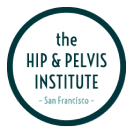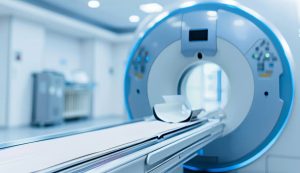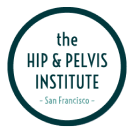Effective pain management is key to a great recovery. At the Hip and Pelvis Institute, we take a multi-pronged approach to minimize the amount of pain you experience post-surgery.
During your pre-op visit, you will receive prescriptions for medications, and you should ensure that these are filled before to your surgery date. In some cases, your insurer will require pre-authorization.
During your surgery, a local anesthetic is injected into your incision – which will help minimize pain for the rest of the day. This lasts for approximately 17 hours which means that it is likely to start wearing off in the middle of your first night after surgery. The majority of patients will have returned home, in which case we recommend taking your first prescribed pain killer before you go to bed, if you haven’t already taken one.

We recommend taking your pain meds as directed. Always take them with food in your stomach to prevent nausea. You may also find it helpful to take your medication one hour before any physical therapy or exercise session.
You’ll also be prescribed an anti-inflammatory, for example, Celebrex, for the first 30 days after your surgery.
As your pain lessons (you’ll know when – you’ll start forgetting to take your meds) you can switch to Tylenol (Acetaminophen) but be careful not to exceed a total of 4g (4000mg) per day – don’t forget that many other medications such as over the counter pain or cold remedies also contain acetaminophen which counts towards that daily maximum.








